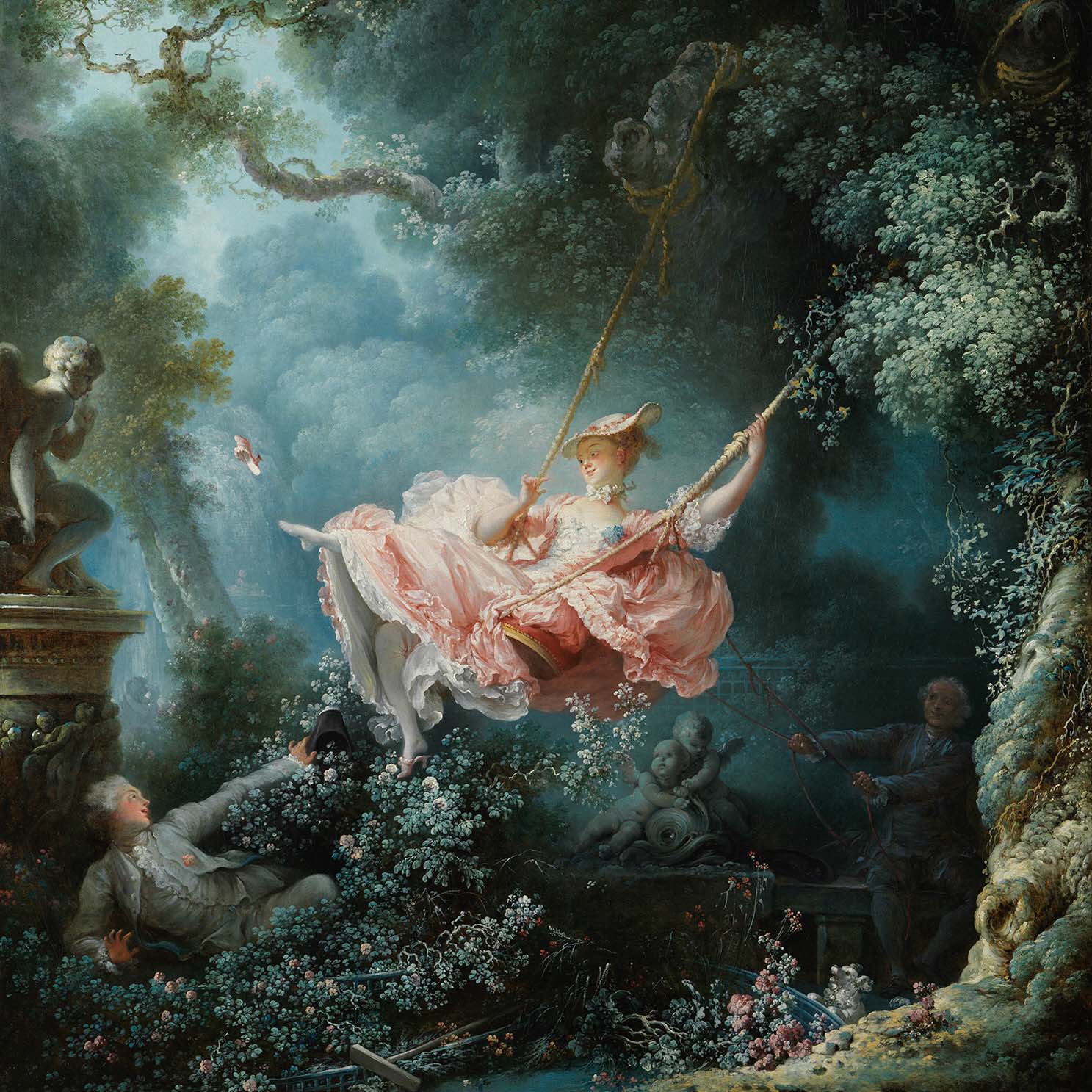
Madame Bovary
Gustave Flaubert
Year
1856
1302
1110
763
748
452
720
864
1388
1580
1268
855
1515
528
1185
1576
1132
3007
1303
1093
1668
1780
1312
1387
1170
1930
1208
272
373
2077
2136
1636
2241
1028
748
1187
Description
Step into the provincial life of 19th-century France with Gustave Flaubert's 'Madame Bovary,' a masterpiece that scandalized and captivated society upon its publication in 1857. The novel intricately portrays the life of Emma Bovary, a young woman whose dreams and desires are fueled by the romantic novels she devours, leading her to seek an escape from the monotony of her marriage and her life. Married to Charles Bovary, a well-meaning but dull country doctor, Emma finds herself trapped in the confines of domesticity and disillusioned with the reality of her existence. Her longing for passion, excitement, and luxury drives her into the arms of other men, and into a cycle of debt, leading to catastrophic consequences for her and her family. Flaubert's groundbreaking narrative technique, with its focus on Emma's subjective experience and its use of free indirect discourse, revolutionized the novel form. 'Madame Bovary' is not only a critical examination of the bourgeois society and its values but also a profound exploration of the conflict between the ideal and the real, and the devastating effects of unfulfilled desires. As you listen to 'Madame Bovary,' prepare to be transported by Flaubert's exquisite prose, his rich characterizations, and his unflinching portrayal of human folly and resilience. This novel remains a timeless meditation on desire, the societal constructs that imprison us, and the eternal search for happiness.
